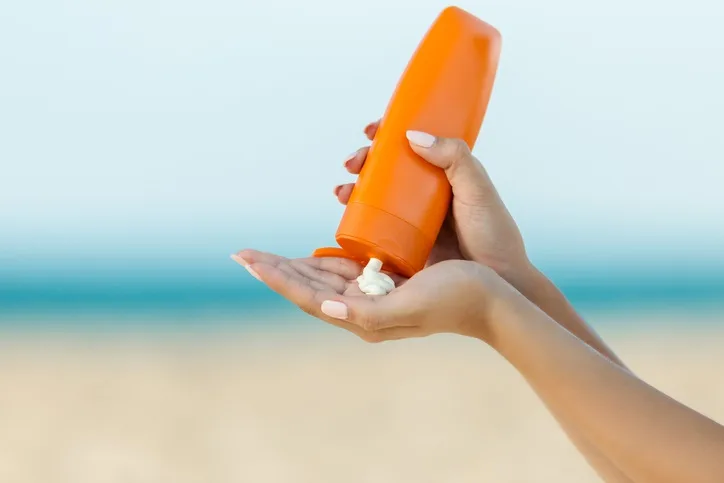
Sunscreen ban worries doctors
Protecting the ocean ... or our skin. That's both sides of a growing debate.
Florida's Key West is the latest city to ban sunscreens containing chemicals that could harm coral reefs, fish and algae.
It won't go into effect until 2021, but the move is already sparking discussion in the medical community, with the American Academy of Dermatologists (AAD) calling on officials to reconsider.
The controversial chemical is oxybenzone. It's bad for the environment, but doctors say its one of the few FDA-approved ingredients that blocks both UVA rays, which are linked to melanoma, and UVB rays, which cause sunburns.
"The AADs recommendations are based on the existing body of scientific evidence," Dermatologist Dr. Terrence Cronin tells CNN.
Spring is here! Check our official report to see what the season has ahead, plus get an EXCLUSIVE sneak peek at Summer 2019!
"It may evolve if science evolves but right now the research is not very persuasive ... our main interest is protecting patients from skin cancer."
A 2016 study suggests there are major health benefits to wearing sunscreen, finding an SPF 30 sunscreen can cut a person's risk of developing melanoma by up to 80 per cent, based on lab studies conducted on mice.
But for those concerned about protecting the environment, there is some middle ground.
Dr. Cronin says that sunscreen is just part of a comprehensive protection plan and recommends seeking shade and wearing protective clothing.











